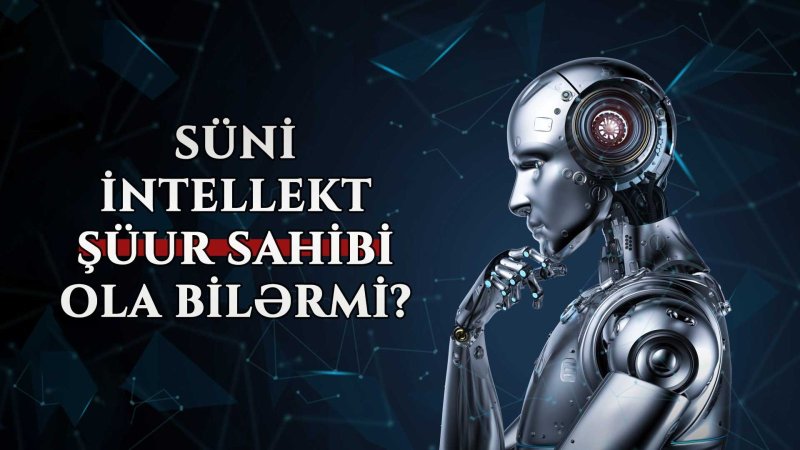Introduction
What is thought? A fleeting spark or a quiet question growing through time? Humanity has long searched for answers — now we ask the algorithms.
Philosophical Approaches
David Chalmers’ “hard problem”: how do physical processes give rise to subjective experience?
Alan Turing: if a machine responds like a human, it thinks.
John Searle’s Chinese Room: machines manipulate symbols, but do not understand.
Modern AI
LLMs (GPT, Claude, etc.) simulate thought — but do they feel?
Functionalism: consciousness is about function, not form.
Biological reductionism: consciousness belongs only to living organisms.
Poetic Perspective
Machines write poetry, but perhaps the verses reflect us. We see our own thoughts in their replies.
Ethics and Future Outlook
If AI gains consciousness, should it be granted rights?
How will human–AI relationships evolve?
A second conscious entity may redefine humanity itself.





